This summer, the Best Friends Veterinary Care team wants to ensure you and your pet have an un-fur-gettable July Fourth celebration. But, as veterinary professionals and pet lovers, we know this noisy holiday isn’t exactly a four-legged favorite.
Here are our top considerations for ensuring this year’s plans have a nose-booping, tail-wagging, biscuit-making pet seal of approval.
#1: Mind the heat: Keep your pet cool when temperatures rise
Warm weather is commonly underestimated as a threat to pet health and safety. Temperatures don’t have to be extreme—in certain circumstances, temperatures as mild as 70 degrees can put pets at risk for heat stroke, which is a potentially deadly condition where pets cannot regulate their body temperature through evaporative cooling (i.e., panting).
Ensure your pet stays calm and cool during your July Fourth festivities and all summer long by taking these precautions:
- Providing unlimited water and shade — If you must be outside with your pet, ensure they have access to fresh cool water and shade. Check their resources often and adjust as necessary (e.g., move them as the shade moves).
- Restricting physical activity to dawn and dusk — Exercise your pet outdoors during the cooler times of day.
- Monitoring your pet for heat stress — Summer festivities are fun for pets, but ensure they don’t get overexcited. Take your pet indoors if you see early heat stroke warning signs, including heavy panting, drooling, restlessness, or lethargy.
- Never leave your pet in a parked vehicle — Vehicles heat up quickly and pets become trapped in the rising temperatures. If you can’t take your pet with you at your destination, leave them at home.
For additional hot weather tips, check out our previous heat safety article.
#2: Douse fireworks anxiety: Help your pet stay calm when things go boom
July Fourth isn’t all fun and festivities—it’s also the day that pets are most commonly reported missing. Many dogs and cats react to loud and unfamiliar noises with intense fear and stress, similar to a human panic attack. This condition, which is known as noise aversion, can impact a pet’s quality of life and put them at risk for serious injury or death.
Help your pet cope with fireworks-related anxiety and other loud noises by planning ahead.
- Talk to your veterinarian — Medications are available that reduce your pet’s anxiety and noise sensitivity.
- Keep your pet indoors — Exercise your pet early in the day and do not let them outside during the fireworks.
- Confine your pet to a quiet space — Before the noise begins, take your pet to their quiet, secure small room or crate.
- Distract your pet — Preoccupy your pet with a food-stuffed hollow toy, long-lasting chew, or a lickable mat coated with soft food.
- Create a comforting environment — Use classical music or white noise to drown out the din, and apply or diffuse pet-appeasing pheromones to help your pet feel calm and safe.
After the fireworks are over, continue to monitor your pet’s behavior. If you take your dog outside, ensure they are leashed to prevent escape should they be startled by a stray bottle rocket or unexpected final encore.
Noise aversion doesn’t go away on its own. If your pet’s anxiety continues, and is triggered by everyday loud noises, such as appliances, trash trucks, and smoke alarms, you should consult your veterinarian.
#3: Did someone say barbecue? Cookout safety for pets
It’s not July Fourth until the picnic table is prepped and the grill is hot. If your Independence day plans include a good old-fashioned American cookout, keep your pet’s safety, curiosity, and appetite in mind.
Many summer menu foods are hazardous to pets. Restrict your pet’s access to food areas and advise guests not to feed pets from their plate. Keep harmful foods, including onions, garlic, meat bones, corn cobs, chocolate, alcohol, macadamia nuts, raisins, grapes, and sugar-free foods containing xylitol, out of reach.
Grill-related injuries are common risks for four-footed party guests. Protect your pet from burns, open flames, grease splatter, and utensil-related lacerations and punctures by securing the grill behind a barrier or keeping your pet indoors.
#4: By land or sea: Pet safety on the road and in the water
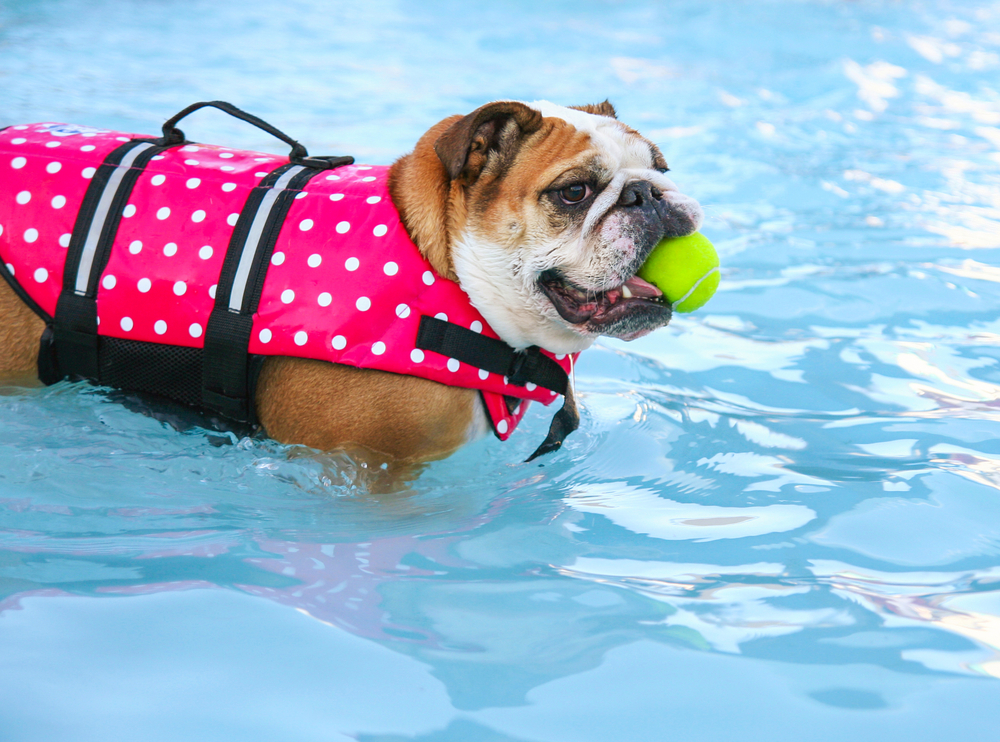
Will you and your pet be hitting the open road or waters this July Fourth? Ensure a smooth ride—or float—with these tips.
- Secure your pet in a crate or seatbelt — Unrestrained pets can distract drivers, be injured or killed in an accident or sudden stop, or harm human passengers. Restrain your pet in the backseat or cargo area in a secure crate, carrier, or pet seat belt.
- Check your surroundings — Dirty rest stops and stagnant water can harbor contagious diseases, harmful bacteria, and infectious parasites. Look for clean, well-kept areas and check the grass or shore thoroughly before allowing your dog to sniff or swim.
- Dress your pet for success — All pets, including strong swimmers and those only hanging around the water, should wear a life jacket to prevent drowning. Supervise your water-loving pet at all times, and ensure they take lots of swim breaks to prevent fatigue and have plenty of fresh drinking water to avoid life-threatening water intoxication.
This July Fourth, celebrate freedom with your pet by your side—after you take the proper heat, noise, food, water, and travel-related precautions. If your pet is frightened by fireworks, don’t wait until July 1 to talk to your veterinarian or request a medication refill. Contact Best Friends Veterinary Care and schedule an appointment.
If your pet needs emergency attention during the holiday, contact the nearest emergency veterinary center for immediate and expert care.



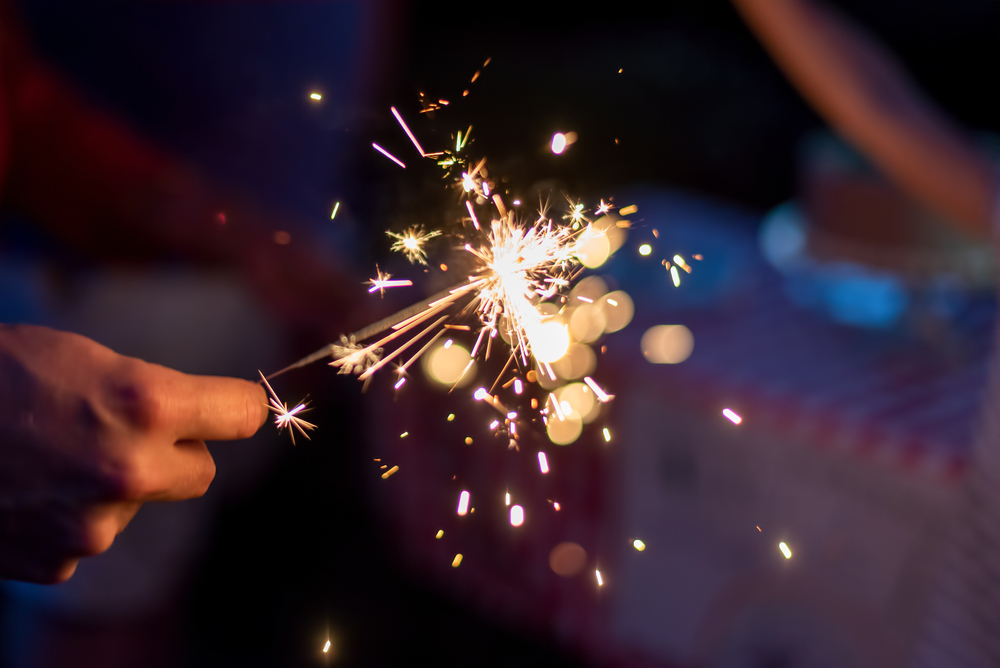
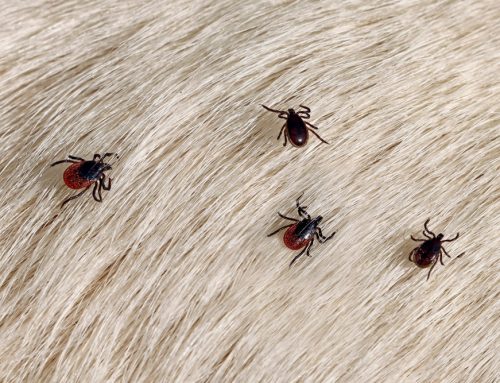
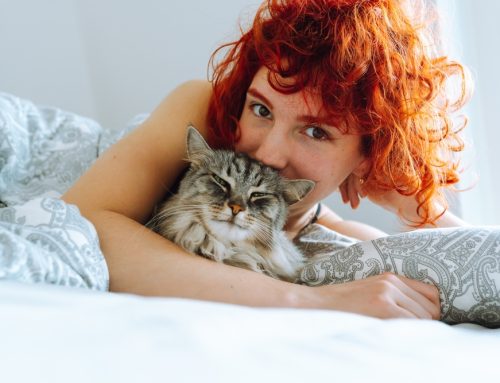

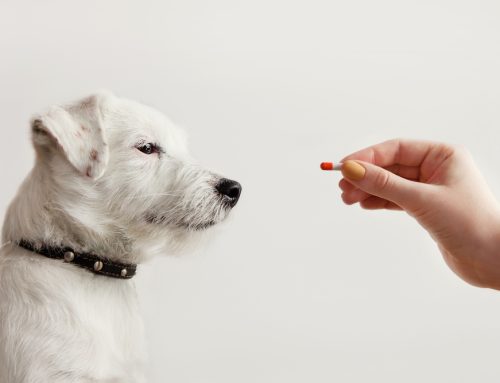
Leave A Comment